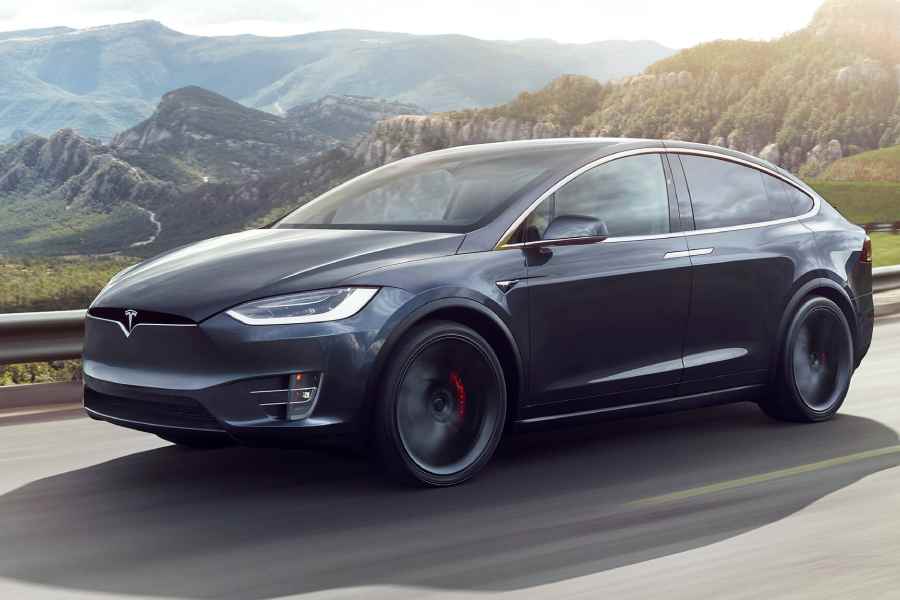As winter is on the landscape, electric vehicle (EV) owners often brace for the range reduction that cold weather brings. However, recent studies have shown that certain EVs, notably from Tesla, Audi, and Nissan, are defying the norm with minimal range loss even in chilly conditions.
The winter range of these vehicles is approximately 70% of their normal range
A comprehensive analysis by Recurrent, a battery health data startup, sheds light on this phenomenon. By examining over 10,000 EVs during the 2022-2023 winter, they discovered that the average winter range of these vehicles was approximately 70% of their normal range. This is a significant insight, as it indicates that not all EVs are equally impacted by cold weather.

The science behind this range reduction is rooted in chemistry. Cold temperatures impede the battery’s ability to release energy efficiently. Furthermore, heating the cabin consumes additional power, further lowering the range. Innovations like heat pumps, which repurpose waste heat from the battery and motors, have emerged as a game-changer in mitigating this loss.
Audi’s E-Tron (Q8 E-Tron from MY2023 onwards) stands out in this regard. With only a 16% drop in its winter range, it exemplifies how effective thermal management can make a substantial difference. The E-Tron, with its pioneering heat pump system, can reclaim up to 3 kilowatts of electricity from waste heat, showcasing the potential of this technology.
Similarly, the 2019 Nissan Leaf, despite a 23% range reduction at 32 degrees Fahrenheit, demonstrates a marked improvement over its predecessors. The older models were more affected by temperature variations due to less sophisticated thermal management systems.
Tesla’s models, particularly the Model 3, Model Y, and Model X, also exhibit remarkable thermal efficiency, losing only 24% of their range on average in winter conditions. Tesla’s innovative heat pump, introduced in 2021, plays a crucial role here, featuring advancements like a “super manifold” and an “octo valve” for enhanced efficiency. These findings not only highlight the advancements in EV technology but also serve as a testament to the growing resilience of EVs in diverse climatic conditions.
RELATED:
- Hornback X1 Folding Electric Bike Launched in India, Priced under $550
- Li Auto’s Li Mega Electric Multipurpose Van is Specifically Designed for the Family Segment
- Best Feature Phones with UPI support 2023: Nokia Dominates
(Via)







